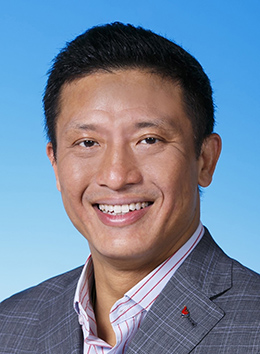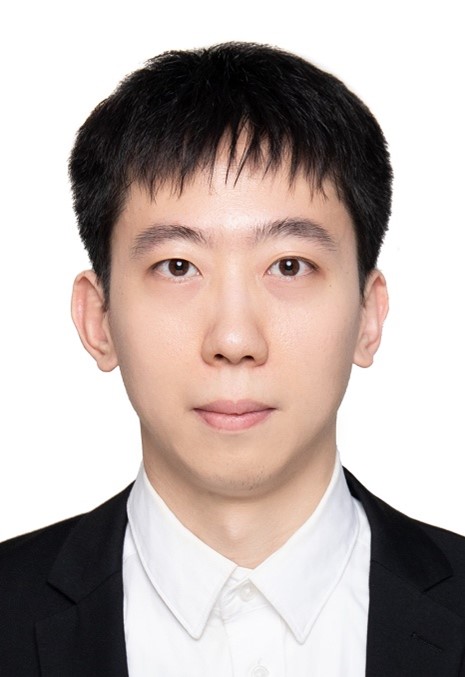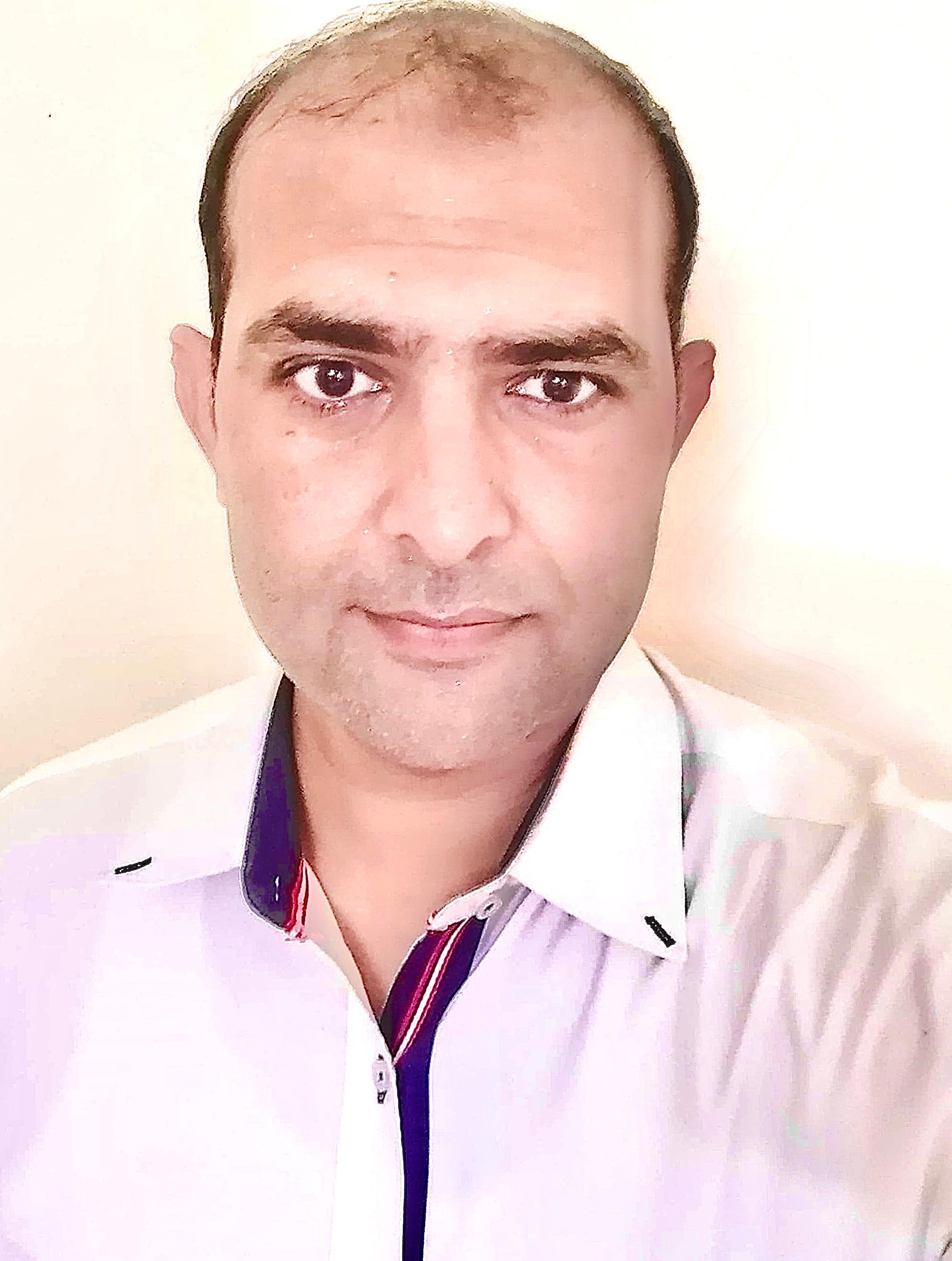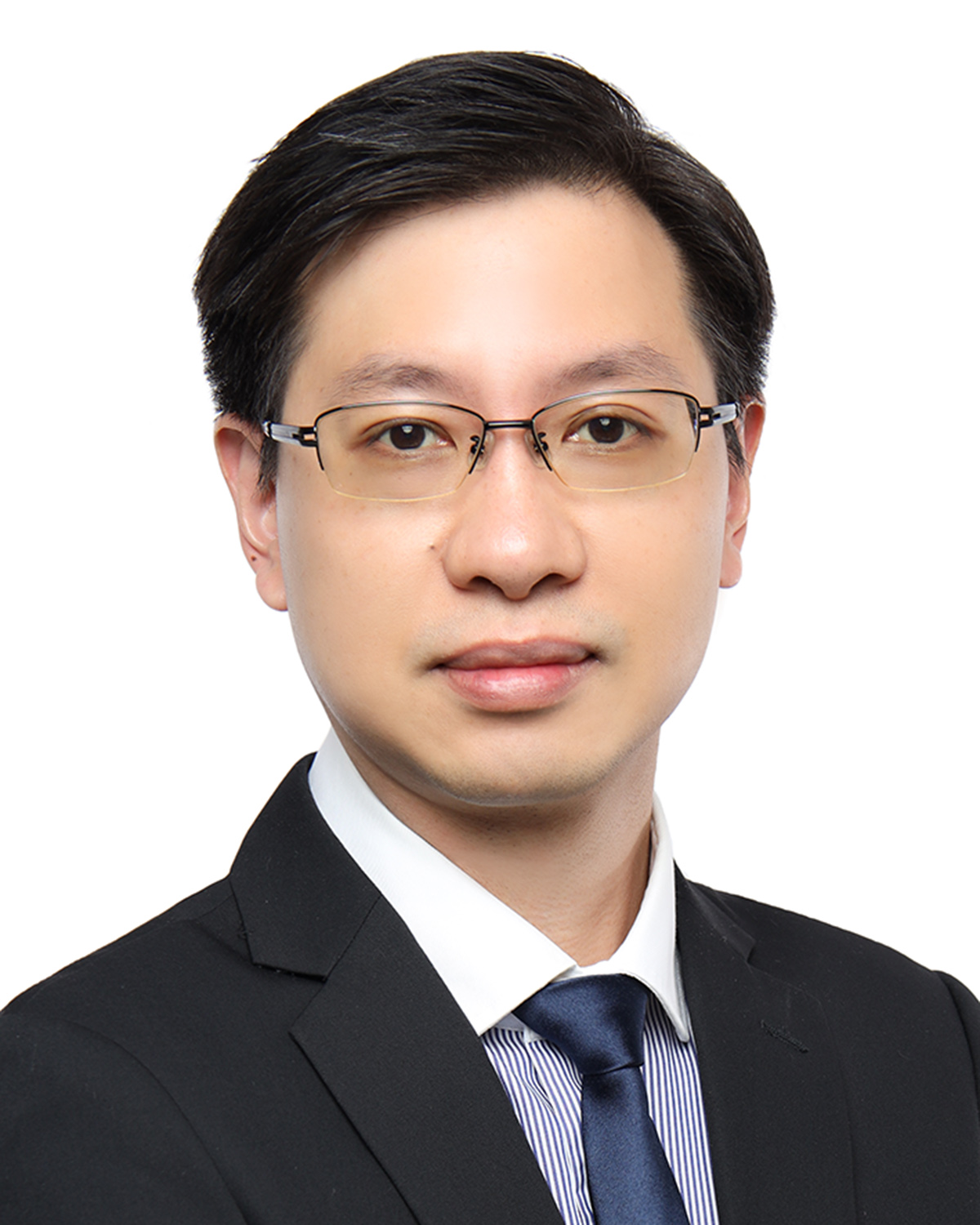Home > People
Faculty | Visiting Scholars | Postdocs | Optical Wireline IC Group | mmWave Wireless IC Group | Computer Vision Group | Smart Power Network Group
Associate Professor (Google Scholar)
Dr. Li Wang obtained his B.S. degree from Huazhong University of Science and Technology in 2016 and his Ph.D. from the Department of Electronic and Computer Engineering at the Hong Kong University of Science and Technology. From 2021 to 2024, he held a postdoctoral researcher position at HKUST. He is currently an Associate Professor at the Institute of Microelectronics, Chinese Academy of Sciences.
Dr. Wang's research focuses on integrated circuit design for large-capacity mmWave beamformers and high-speed chip-to-chip interconnections. He has authored 34 peer-reviewed publications, including 14 as the first author, in prestigious journals and conferences such as the IEEE Journal of Solid-State Circuits (JSSC) and the IEEE Symposium on VLSI Technology and Circuits.
He has received the Youth Talented Scheme funding support from the Chinese Academy of Sciences and serves as a reviewer for various journals, including JSSC and IEEE Transactions on Microwave Theory and Techniques (TMTT).
Ph.D (Google Scholar)
Dr. Hong received his M.Sc. and B.Eng. degrees in integrated circuit design engineering from HKUST and Guangdong University of Technology in 2019 and 2018, respectively. He also received his Ph.D. degree in Dept. ECE, HKUST in 2024. He was a Research Assistant with the China Electronic Product Reliability and Environmental Testing Research Institute in 2017. His current research interests include computer architecture, deep learning, and 3D computer vision.

Ph.D (Google Scholar)
Dr. CHEN received B.S. degree from Hefei University of Technology in 2017 and M.S. degree from University of Chinese Academy of Sciences in 2020, both in microelectronic science and engineering. In 2025, he obtained PhD degree in electronic and computer engineering from The Hong Kong University of Science and Technology, where he is currently a Post-Doctoral Fellow. His research focuses on transceiver integrated circuit design for high-speed optical and wireline communications.
Dr. CHEN has presented at IEEE conferences such as ISSCC, CICC, and ESSCIRC. He has published 11 papers, including 5 as the first author, and holds 1 Chinese patent. He has received 24-25 IEEE Solid-State Circuits Society Pre-Doctoral Achievement Award and 23-24 HKUST Redbird Academic Excellence Award.
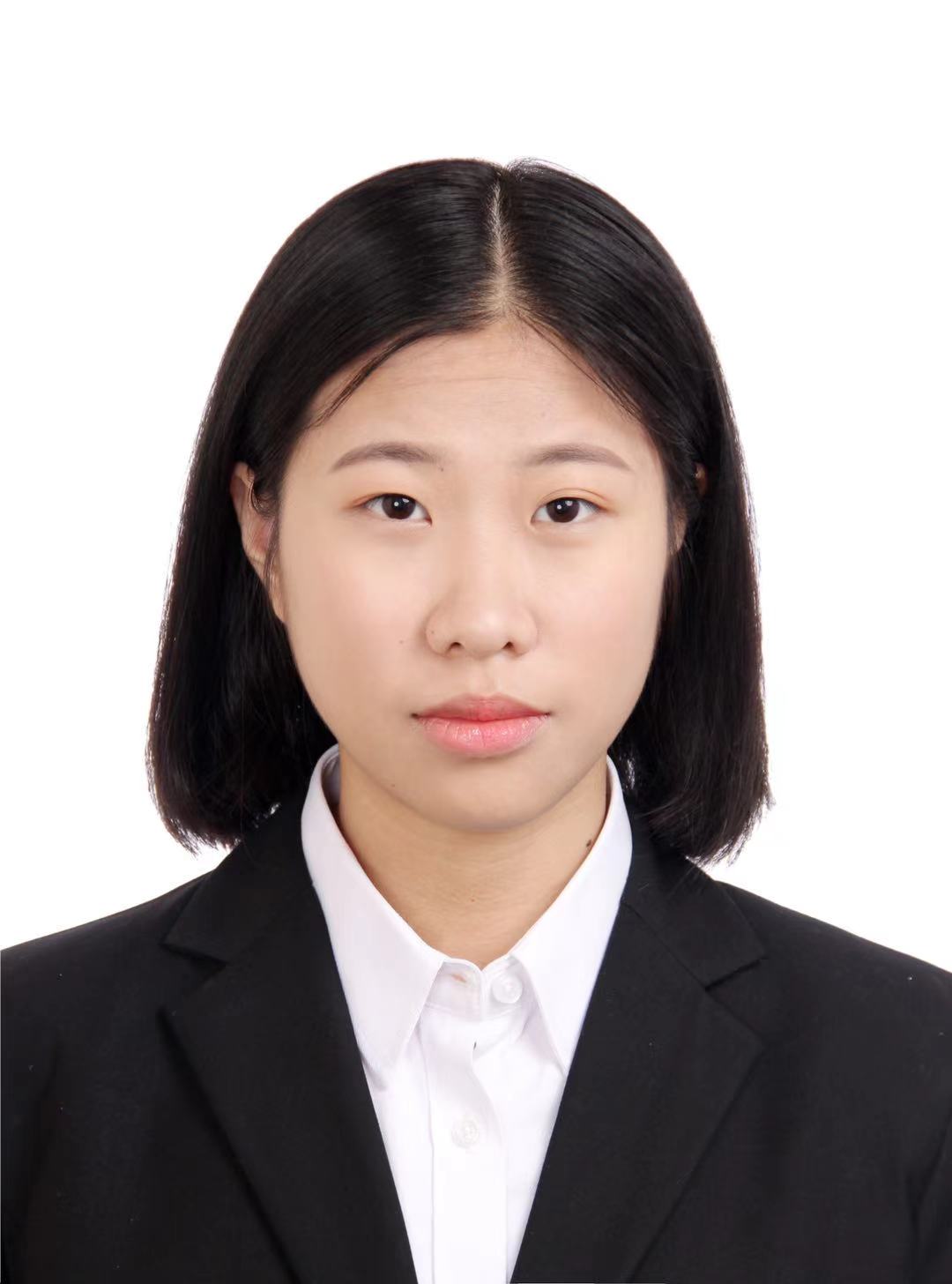
Ph.D Student
Xinyi received her B.Sc. degree in Electrical and Electronic Engineering from Southern University of Science and Technology in 2020. Now she is pursuing her PhD degree in ECE, HKUST, under the joint PhD training program in partnership with SUSTech. Her current research mainly focuses on visible light communication.

Ph.D Student
Johar received his B.Sc. and M.Sc degrees both in Electronics Engineering and from Urmia University, Urmia, Iran. He is currently pursuing his Ph.D. in Electronics Engineering through the Sharif University of Technology (SUT) and HKUST dual-degree program. His research interests include high-speed serial links, data converters, RFICs, and phased arrays.
Ph.D Student (Google Scholar)
Sarah received her bachelor's degree in Microelectronics Science and Engineering from Southern University of Science and Technology (SUSTech) in 2023. Now she is pursuing her PhD degree in ECE, HKUST. Her current research mainly focuses on high-speed optical communication and wireline integrated circuit design.
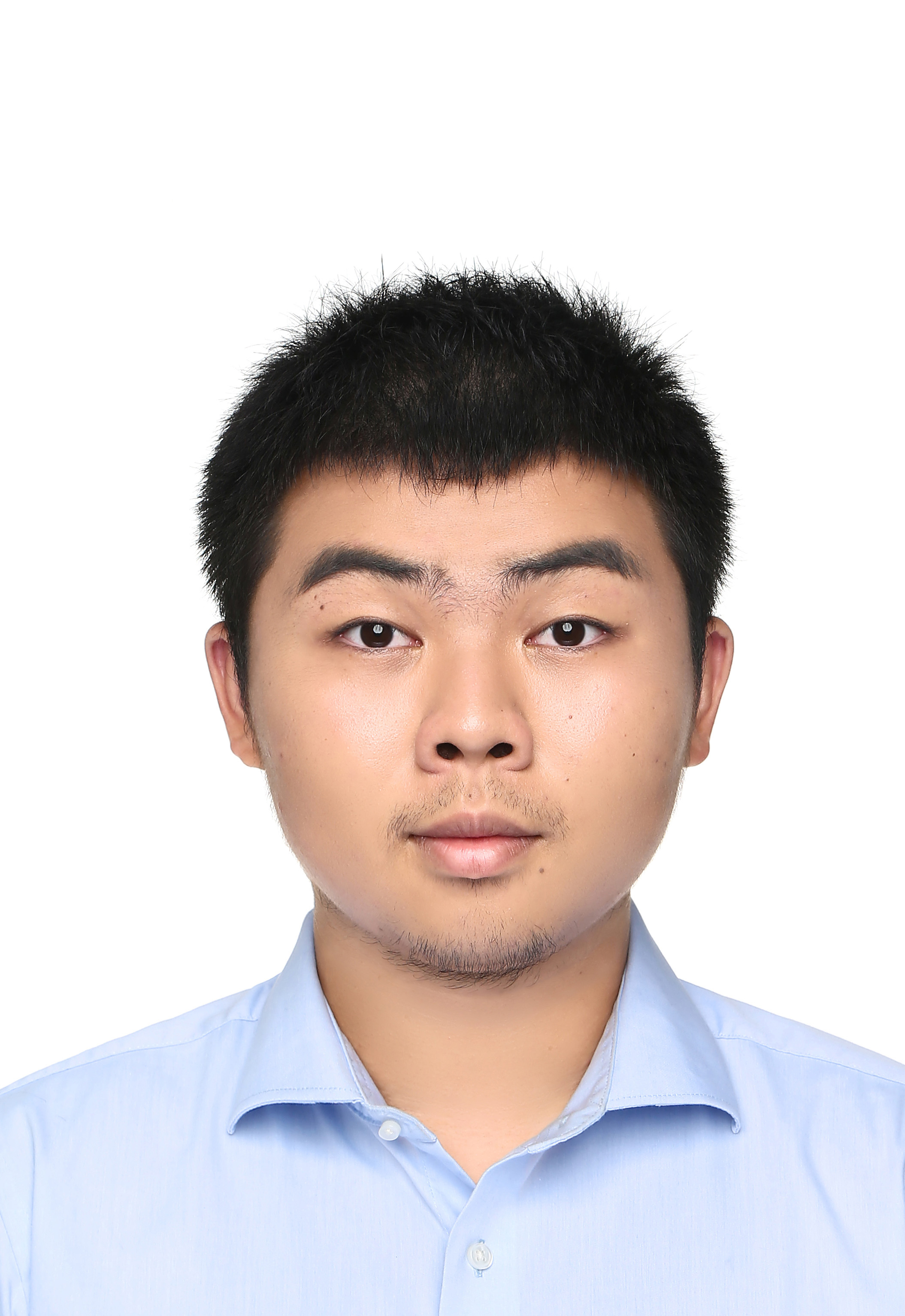
Ph.D Student
Xionghui received his B.Sc. in Electrical and Computer Engineering from the University of Macau in 2021 and M.Sc. in Microelectronics from the State Key Laboratory of Analog and Mixed Signal VLSI (AMSV), University of Macau (UM) in 2024. He is currently pursuing his PhD degree in ECE, HKUST. His research mainly focuses on wireline IC design.
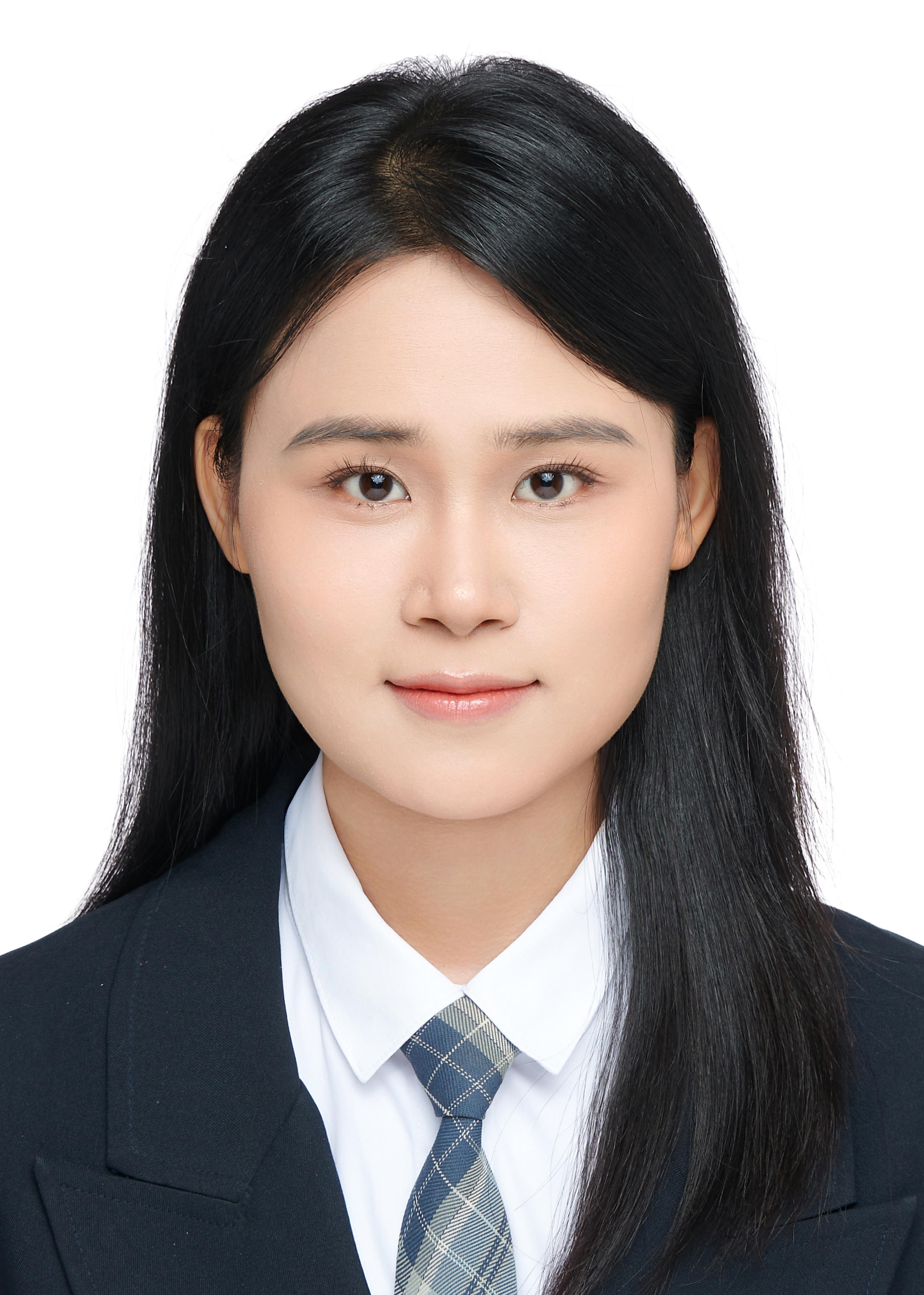
Ph.D Student
Jennifer Jia FU received her B.Eng. and M.Sc. degrees in Electronic Science and Technology from Beijing University of Posts and Telecommunications (BUPT) and Microelectronics and Solid State Electronics from Peking University (PKU) in 2020 and 2023, respectively. She is now pursuing her PhD degree in ECE, HKUST. Her current research interest focuses on high-speed optical communication and wireline integrated circuit design.
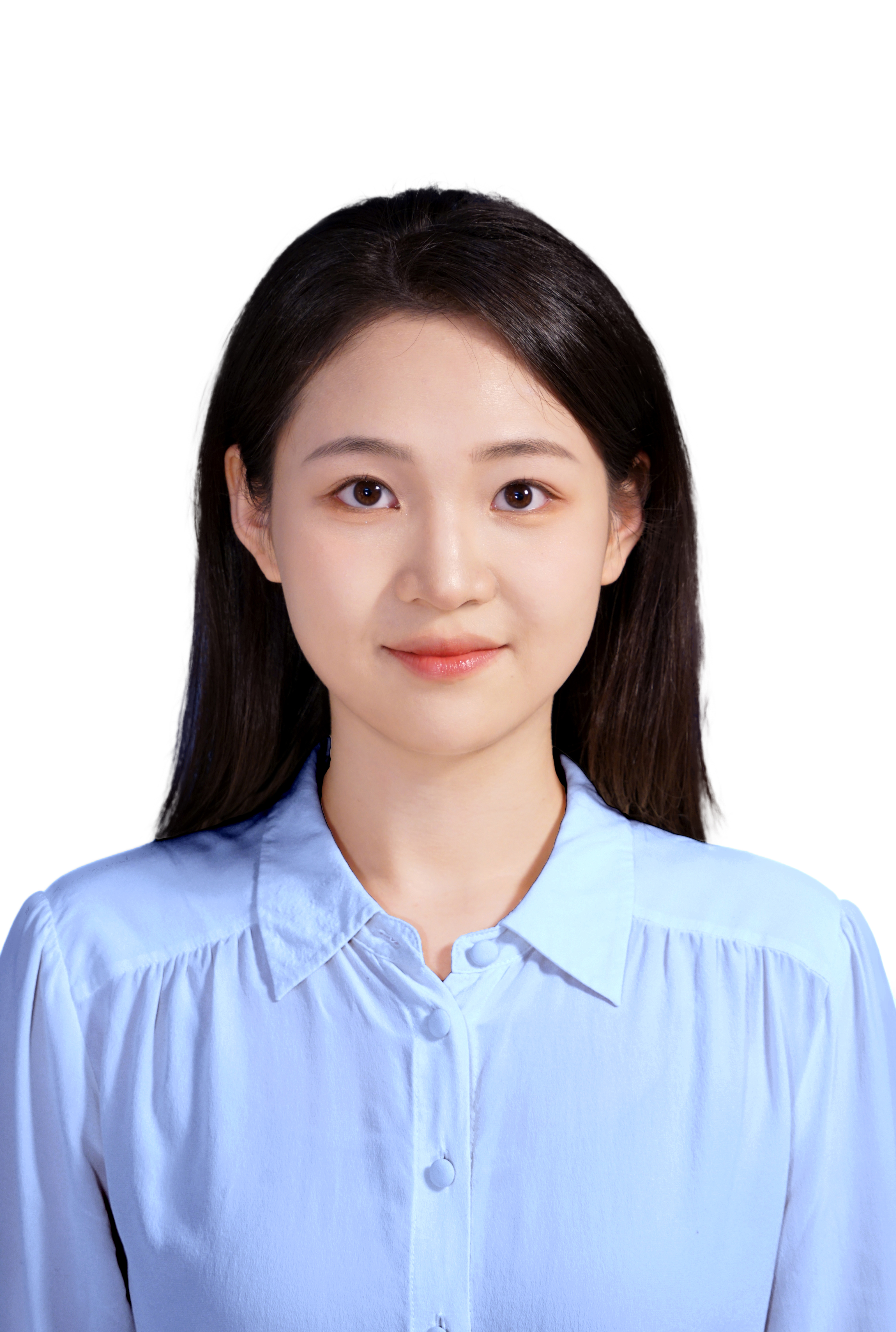
Ph.D Student
Jingyao received her bachelor's degree in Microelectronics Science and Engineering from Southern University of Science and Technology (SUSTech) in 2025. Now she is pursuing her PhD degree in ECE, HKUST. Her current research mainly focuses on digital in-memory computing circuit.
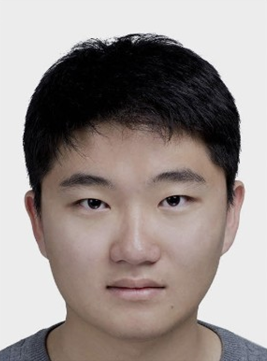
MPhil Student
Juho received his B.Eng. degree in Electronic Engineering from the Hong Kong University of Science and Technology (HKUST) in 2024. He is currently pursuing MPhil degree in ECE, HKUST. His research focuses on high-speed analog-to-digital converter design and optical wireline IC design.

Ph.D Student
Matthew received his bachelor's degree in Electronic Science and Technology from Beijing Institute of Technology in 2022, followed by his MSc degree in Integrated Circuit Design Engineering from HKUST in 2023. After serving as a research assistant for one year in the Department of ECE at HKUST, he is currently pursuing his PhD degree here under the joint PhD training program in partnership with BICI. His current research interests focus on the design of mm-Wave transmitters for 5G and 6G technologies.
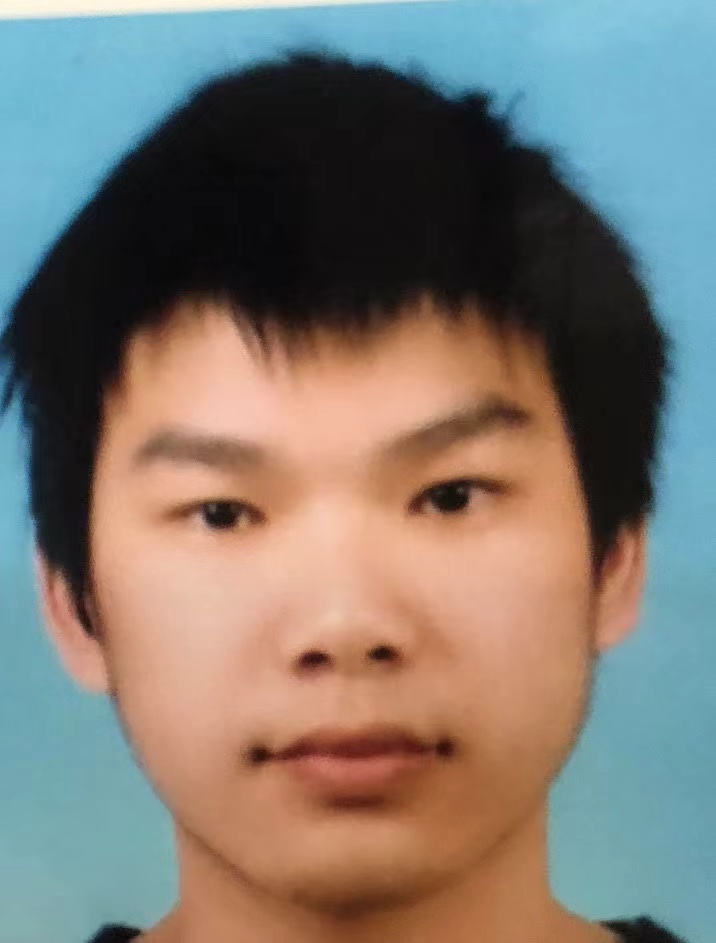
Ph.D Student
Toni Leung received his BEng. in Electronic and Computer Engineering and MSc. degree in Integrated Circuit Design Engineering from the Hong Kong University of Science and Technology (HKUST). He is currently pursuing his PhD degree in ECE, HKUST. His current research focuses on the design of mm-Wave receivers/transceivers for 5G and 6G technologies.
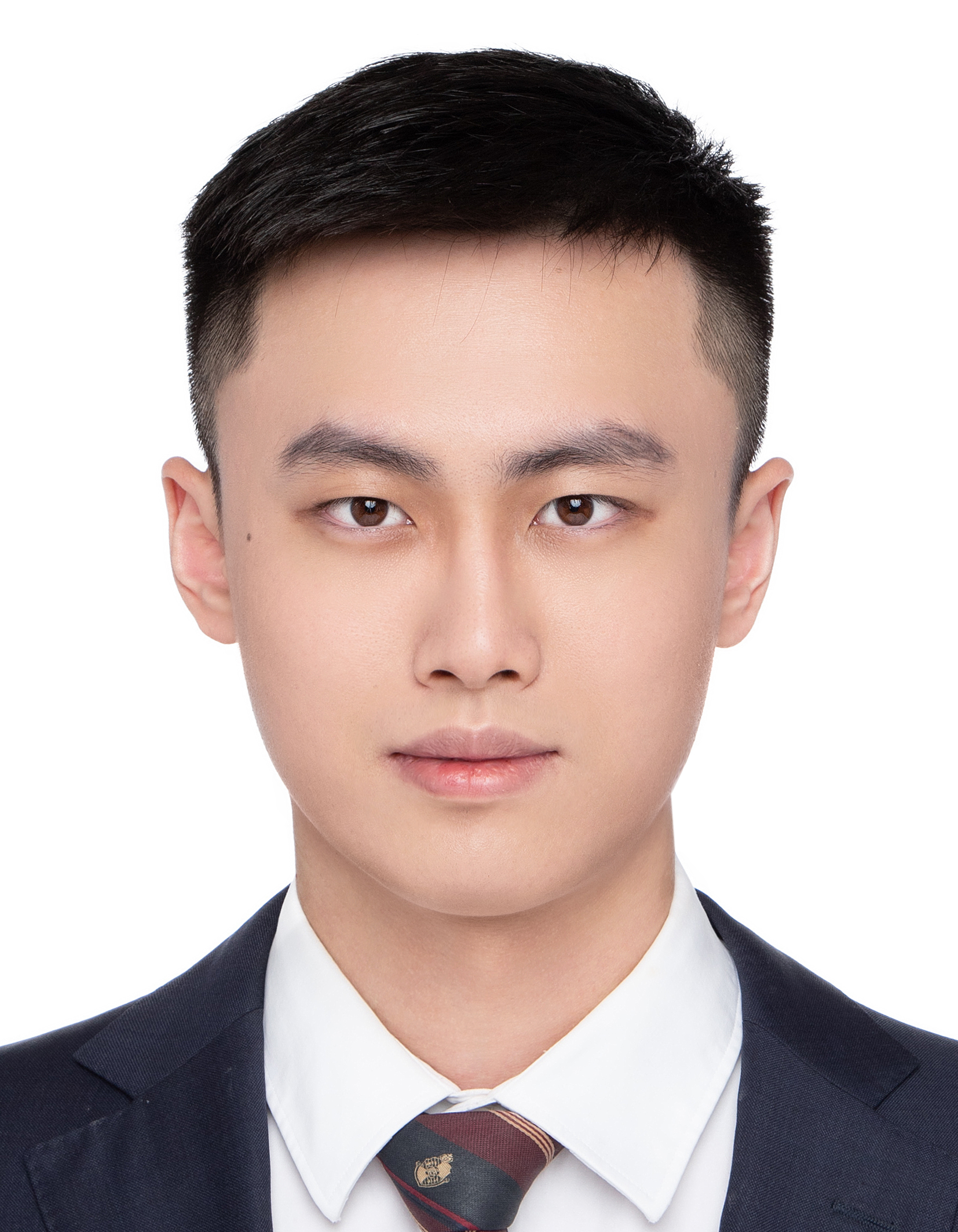
Ph.D Student
Hongyu received his bachelor's degree in Electronic Science and Technology from Xi'an Jiaotong-Liverpool University (XJTLU) in 2022, followed by his MSc degree in Integrated Circuit Design through the joint master's degree program between Nanyang Technological University (NTU) and Technical University of Munich (TUM) in 2024. He is currently pursuing his PhD degree in ECE, HKUST. His research focuses on mmWave transceiver design.
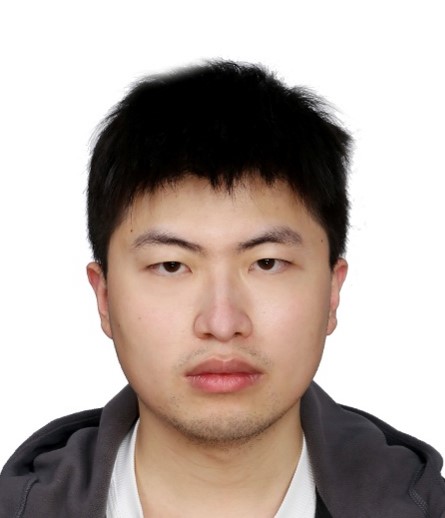
Ph.D Student (Google Scholar)
Zhiyu LIU received the B. Eng. degree in Communications Engineering from University of Electronic Science and Technology of China (UESTC), Chengdu, China, in 2018, the M.Sc. degree in IC Design Engineering and M.Phil. degree in Electronic and Computer Engineering from The Hong Kong University of Science and Technology (HKUST), Hong Kong, China, in 2021 and 2025 respectively. He is currently pursuing the Ph.D. degree in ECE, HKUST and his research interest is PLL and frequency synthesizer design.
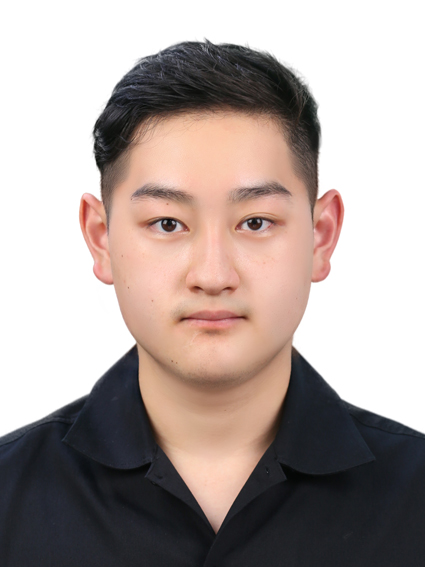
MPhil Student
Sungjun received his B.Eng. degree in ECE from HKUST in 2024. He is currently pursuing his MPhil degree in ECE, HKUST.

MPhil Student (Google Scholar)
Albert Bao received his B.Eng degree from HKUST in 2025, majoring in Electronic Engineering. He is currently pursuing his MPhil degree in HKUST. His research interest focuses on mmWave integrated circuit design.
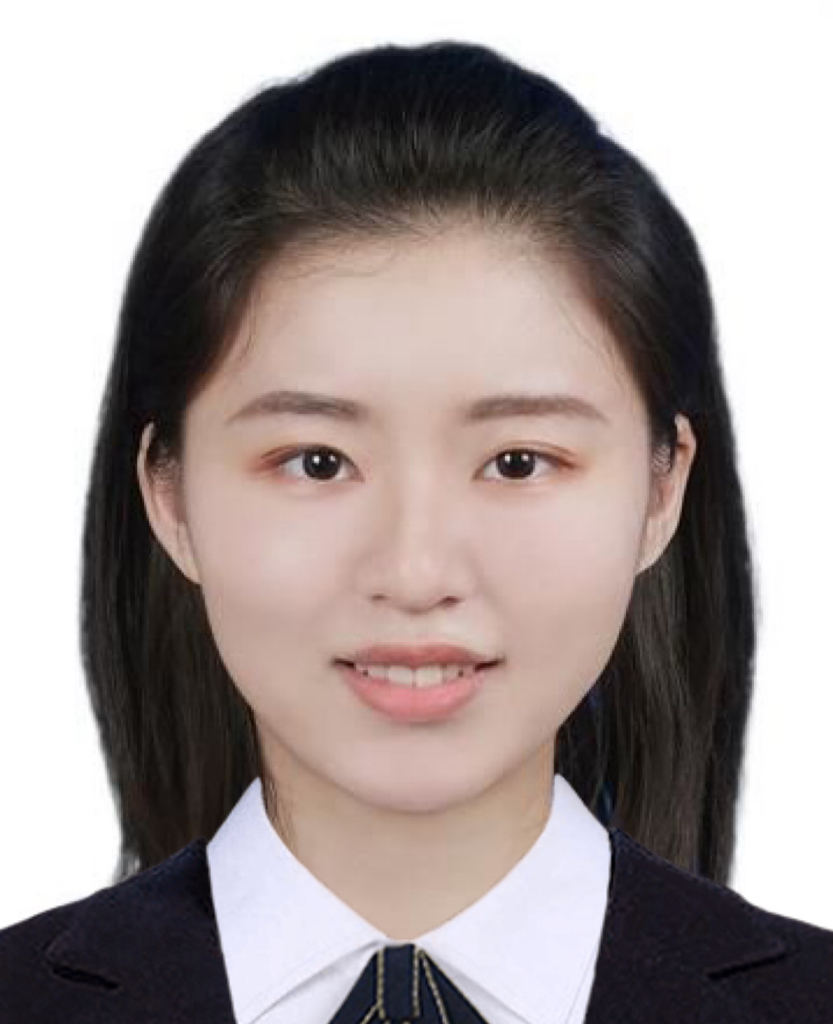
Ph.D Student (Part-time)
Clare received her B.Sc. degree in Electronic Science and Technology from Beijing Technology and Business University in 2020, and M.Eng. degree in Integrated Circuit Engineering from South China University of Technology in 2023. She is pursuing her PhD degree in Electronics and Computer Engineering (ECE) department, under the HKUST * ASTRI part-time PhD program. Her current research focuses on mmWave integrated circuit design.
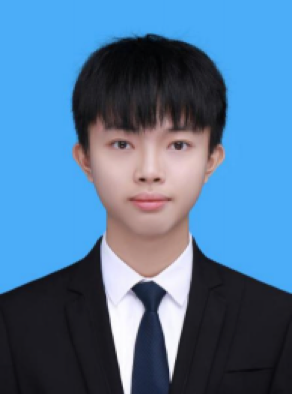
Ph.D Student (Google Scholar)
Wenhui received his B.Eng. degree from Central South University in 2021, followed by his master’s degree from Huazhong University of Science and Technology in 2024. He is currently pursuing his PhD degree in ECE, HKUST. His research focuses on the design of deep learning hardware.

Ph.D Student
Dongjun received his B.Eng. degree from University of Electronic Science and Technology of China in 2022, followed by his master's degree from Nanyang Technological University in 2023. He is currently pursuing his PhD degree in ECE, HKUST. His research focuses on the design of RISC-V acceleration and AI application.
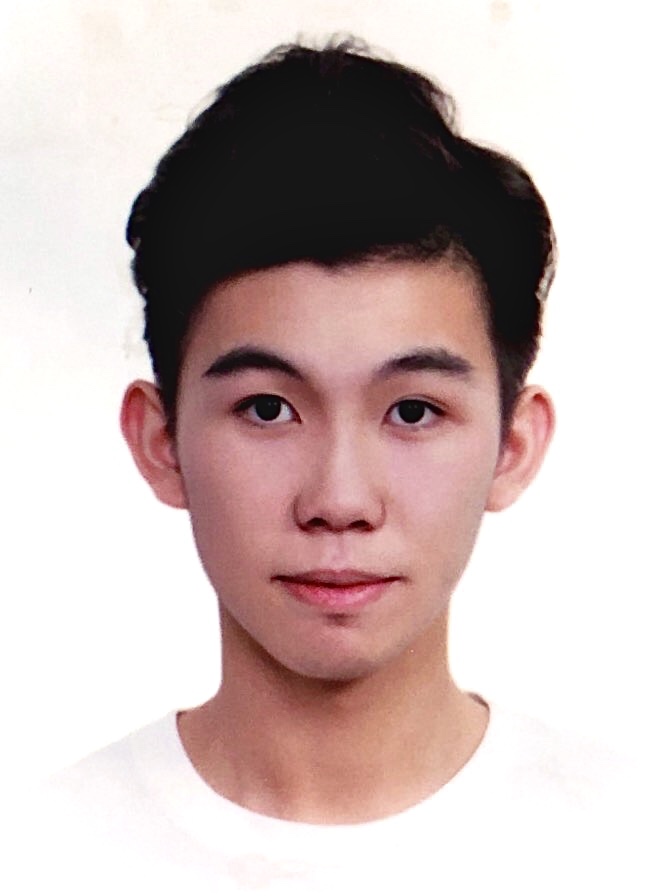
Ph.D Student
Wilkins received his B.Eng. degree in Computer Science and M.Sc. degree in Information Technology from HKUST. He is currently pursuing his PhD degree in ECE at HKUST. His research focuses on computer 3D vision.
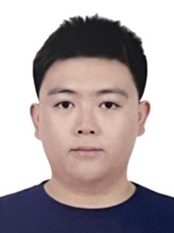
Ph.D Student
YuSen received his B.Eng. degree in Electronic Engineering from The Hong Kong University of Science and Technology (HKUST) in 2025. He is currently pursuing his Ph.D. degree in ECE at HKUST. His research focuses on 3D reconstruction and scene understanding.
Ph.D Student (Google Scholar)
Javaid holds a B.Eng in ECE and an MPhil in Energy Engineering from the University of Engineering and Technology, Lahore. He started his career in 2009 as an Electrical Testing Engineer of energy meters at Creative Electronics Pvt Ltd. Since 2014, he has been serving as a Lecturer in the department of Electrical Engineering at the University of Gujrat, Gujrat, Pakistan. Currently, he is pursuing a Ph.D. in ECE, focusing his research on Artificial Intelligence, Vehicle-to-Grid (V2G) technologies for smart cities, and load forecasting.
MPhil Student (Part-time)
Jacky received his bachelor's degree in Information Systems from Staffordshire University. He is currently pursuing his MPhil degree in ECE, HKUST under the dual master's degree program in partnership with University of Strathclyde (UoS). His research focuses on big data analytics and machine learning.
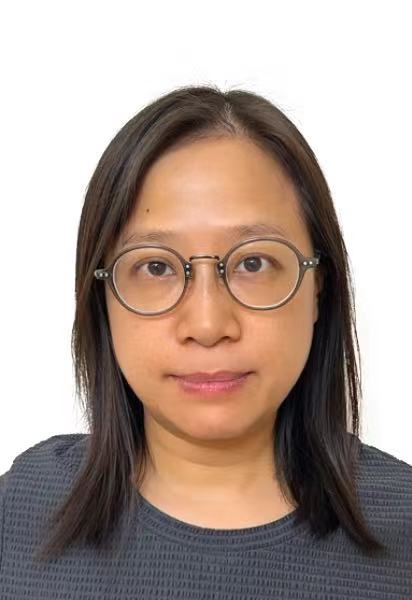
MPhil Student (Part-time)
Welthia Wingyee Chung is a Communication Engineer with extensive experience in designing, implementing, and operating IP data network infrastructure for service providers including PCCW Global, China Mobile International, Telstra International/REACH, and HGC. Over the past four years, she has contributed to major telecommunications projects for leading Hong Kong utilities such as HKE and CLP.
She is currently pursuing a Dual Master’s Degree (MPhil and MSc) through a collaborative program jointly developed by CLP Power Academy, The Hong Kong University of Science and Technology (HKUST), and the University of Strathclyde. Her research focuses on Electric Vehicle (EV) load forecasting, leveraging real-world charging data from Hong Kong to enable smarter grid management and energy planning that meet the city’s evolving needs.
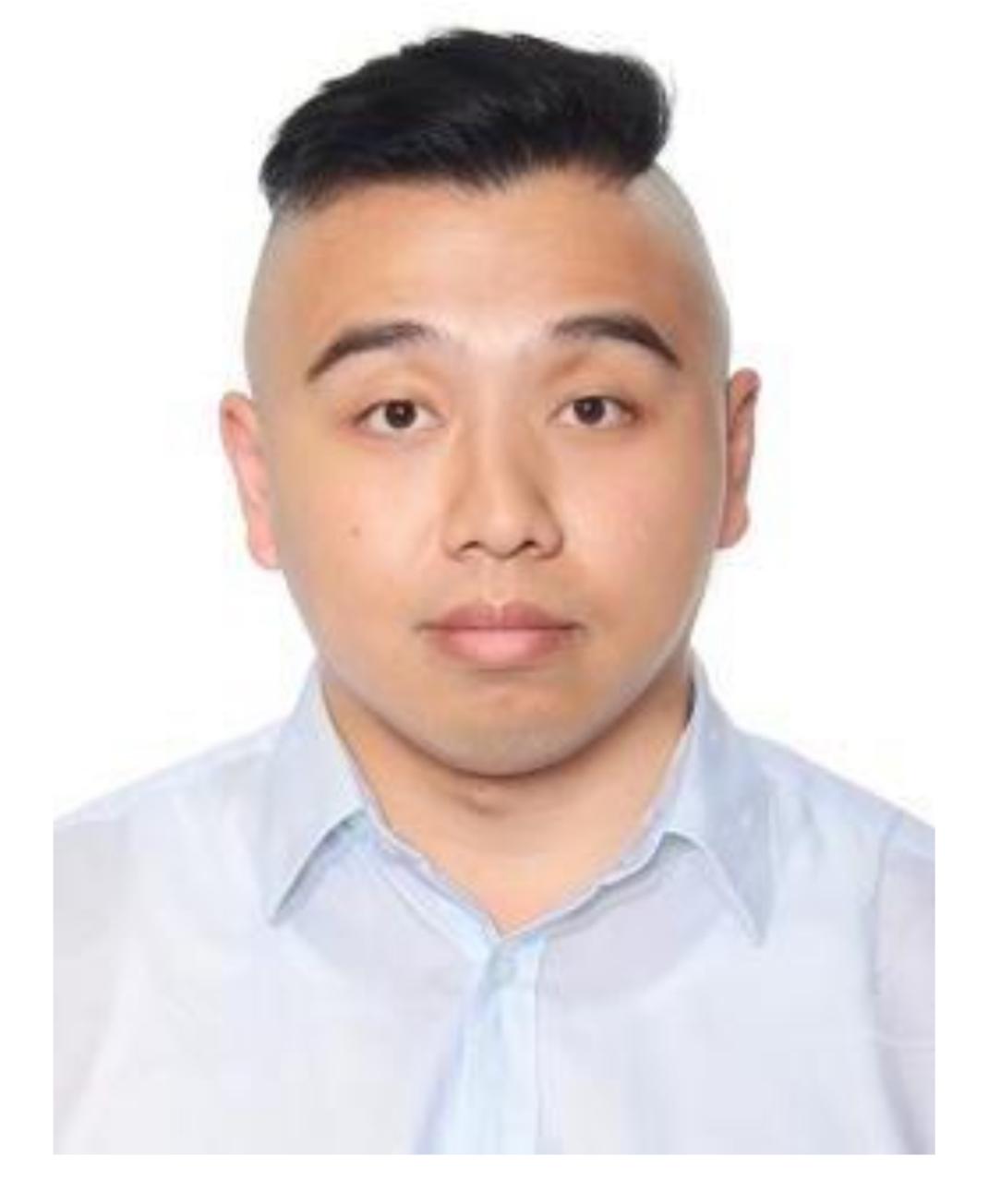
MPhil Student (Part-time)
Boris received his bachelor’s degree in Information Technology from Coventry University. He is currently pursuing his MPhil degree in ECE, HKUST and MSc degree in EEE, UoS. His research focuses on spatio-temporal artificial intelligence, indoor positioning and edge computing.
